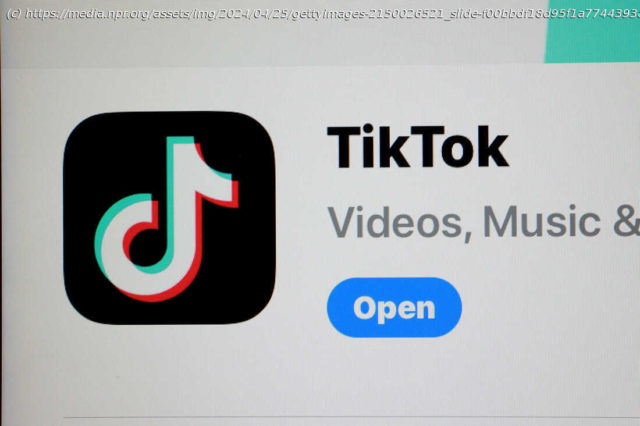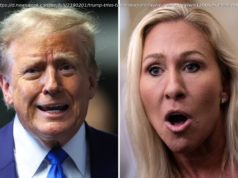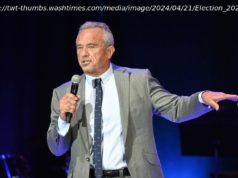Intelligence officials and lawmakers describe the Chinese-owned social media app as a national security threat. But they haven’t shared that evidence with the public.
A new law passed this week would ban TikTok in the United States unless ByteDance, its Chinese owner, sells the popular video app.
National security is at the heart of bipartisan concerns in Washington motivating the law. Lawmakers say they’re worried the Chinese government could lean on ByteDance in order to use TikTok to suck up Americans‘ data, surveil them, and spread false and misleading claims to U.S. voters.
„It’s not hard to imagine how a platform that facilitates so much commerce, political discourse, and social debate could be covertly manipulated to serve the goals of an authoritarian regime,“ Sen. Mark Warner, D-VA, said this week.
Many lawmakers who supported the bill said classified intelligence briefings have raised alarms about TikTok — but have not yet made that information available for public scrutiny. Some members of Congress have pushed back, including Sen. Edward Markey of Massachusetts, who said while he has concerns about many social networks‘ collection of user data, he had seen „no credible evidence“ that TikTok presents a threat just because its parent company is based in China.
So what do we know about China’s efforts to manipulate Americans using social media, and what role does TikTok play?China’s growing information operations
While much of the discussion about foreign interference in elections has focused on Russia since 2016, China presents a growing threat, according to the intelligence community, tech companies, and independent researchers.
Beijing has stepped up its online information operations in recent years in support of its broader goals, experts say. China „aims to sow doubts about U.S. leadership, undermine democracy, and extend Beijing’s influence,“ the Office of the Director of National Intelligence wrote in its annual threat assessment earlier this year.
In past cycles, that took the form of trying to shape U.
Start
United States
USA — Political China's influence operations against the U.S. are bigger than TikTok






